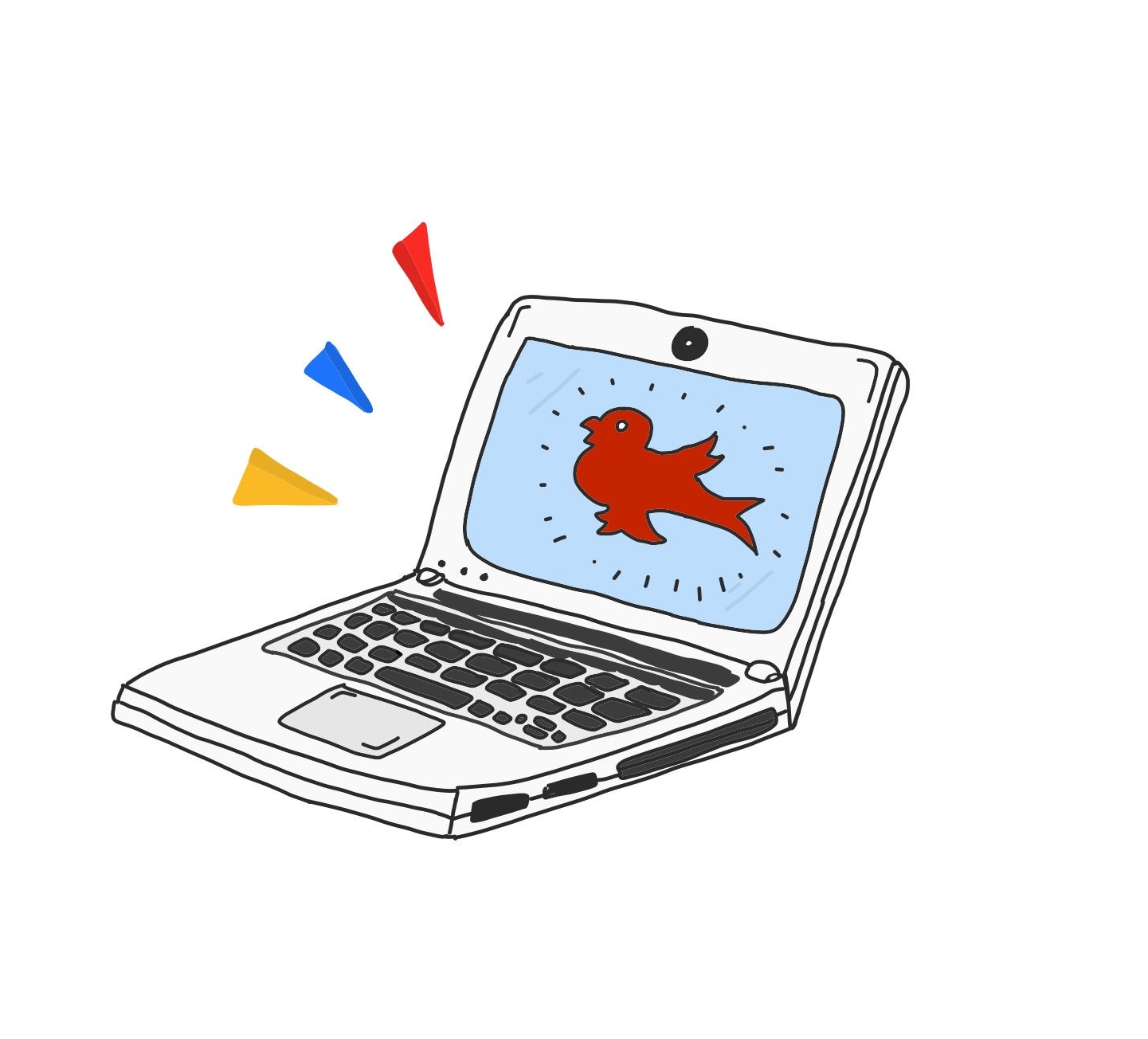In early 2018, The New York Times reported on a leak of close to 50 million Facebook users’ data—the most significant breach of data privacy at the company ever. According to a cache of documents, Facebook user data had been improperly disclosed to Cambridge Analytica, a political consulting corporation which used the information to aid political campaigns within the U.S. and Canada. As the scandal broke, legislators began to take notice. Congress summoned Facebook founder Mark Zuckerberg, and the Canadian federal privacy watchdog took legal action against the company. Two years later, they face another challenge related to the scandal, as two Canadian Facebook users are filing a class-action lawsuit against the company. In the context of these privacy violations, student organizations must try to limit use of the social media platform, as there is no ethical justification for risking the data of students or the organizations themselves.
The Canadian and U.S. cases are not the only examples of litigation against Facebook regarding the Cambridge Analytica scandal. But even in these high-profile cases following the scandal, little was done to remedy what led to the leak in the first place. In the American case, the Federal Trade Commission fined Facebook, but the offending company did not have to commit to any action, such as limiting its ability to share data. Even new digital policies currently being drafted in the European Union (EU) have a limited scope, aiming only to allow room for smaller competitors to avoid a Facebook monopoly rather than attempting to strengthen the General Data Protection Regulation itself—the core of EU privacy legislation.
If institutions as significant as national governments refrain from heavily policing sites such as Facebook, then students can achieve little through protest against these megacorporations and their executives. A recent example of this is the Summit Learning platform, an online learning tool backed by Zuckerberg. Having pushed the system since 2014, student protests from within a school using it in 2019 had little success. That is not to say that calls for regulation are unnecessary or unimportant, but that simply calling for regulation does not provide an immediate solution for the data vulnerabilities exposed in recent years.
It is difficult, if not impossible, to avoid using Facebook as a student at McGill. Not only do most student organizations use it in some capacity, but many McGill faculties, departments, and services use the site as well, including Campus Life & Engagement. Going beyond that, many students use Facebook Messenger for personal or semi-formal communication—in fact, that is how I communicate with my editors at the Tribune. But the fact that so much common infrastructure relies on Facebook does not mean student leaders should use it out of habit.
While it may seem cumbersome to move to other platforms, it is a necessary step, and may not even be as hard as it seems. For some groups, email is a simple and easy solution that does not require much work. Even McGill cites listservs as a great promotional tool. From personal experience, it is often easier to read a well-formatted list of events than it is to dig through a Facebook page for information. To be fair, the vast majority of McGill clubs and organizations, including the Students’ Society of McGill University, use listservs already. But in that sense, they have already proven their utility—and moving to an already tried and tested platform as the primary form of messaging would reduce the chance for miscommunication.
In addition, for virtual gatherings and communication during the pandemic, various other platforms have been developed in recent years that could be of use. For example, the McGill Trivia Club and the McGill Debating Union use Discord. The transfer may be jarring, and students may not appreciate the changes in the moment. However, continuing with Facebook out of convenience shows a disregard for students’ personal data and reinforces reliance on the platform.








